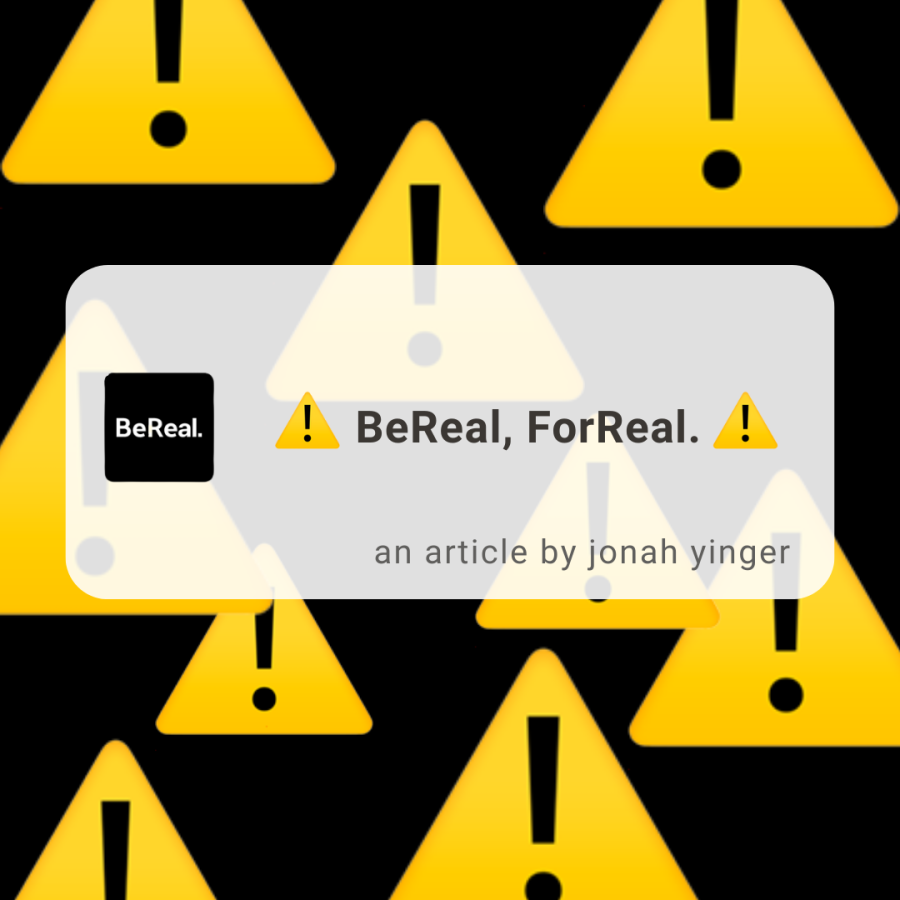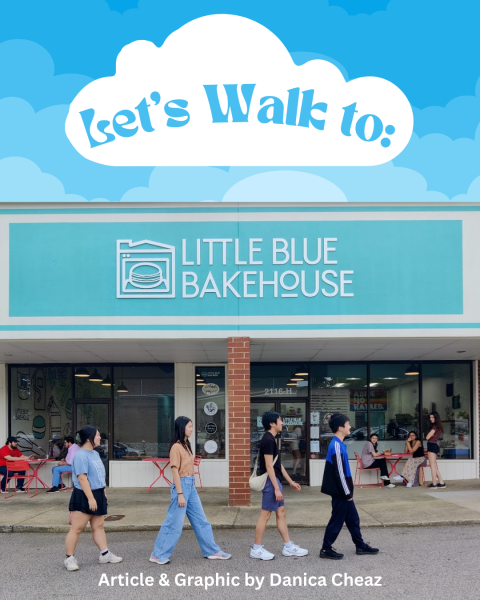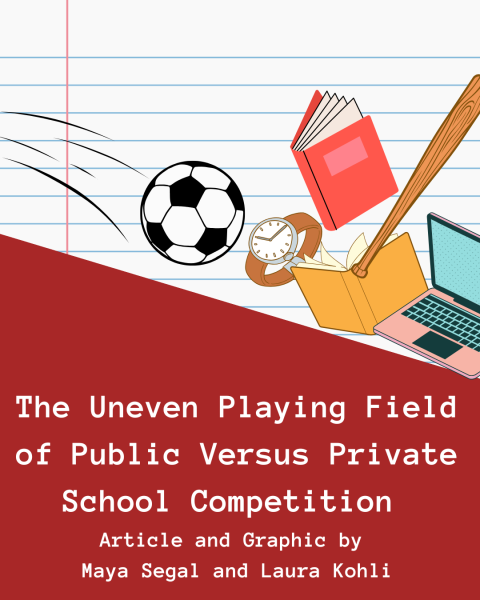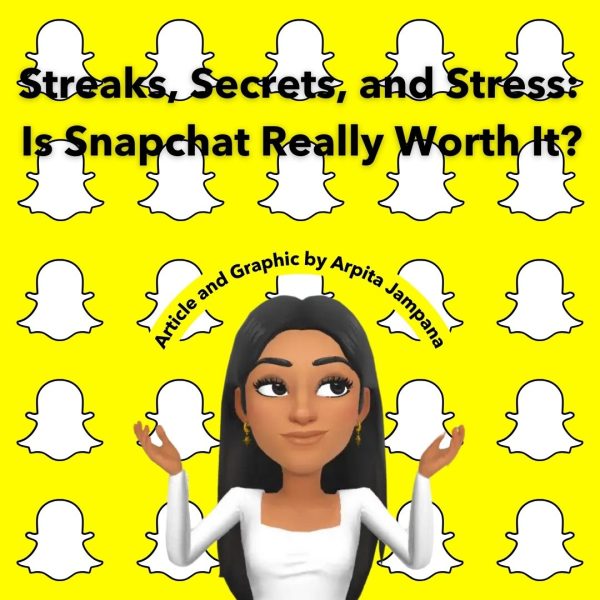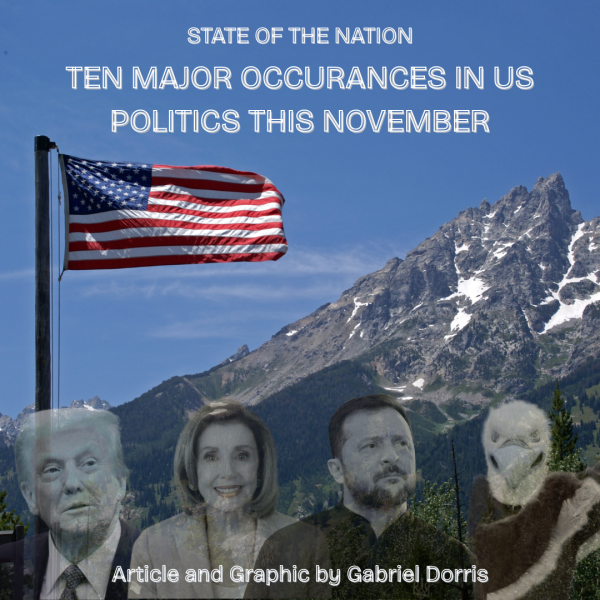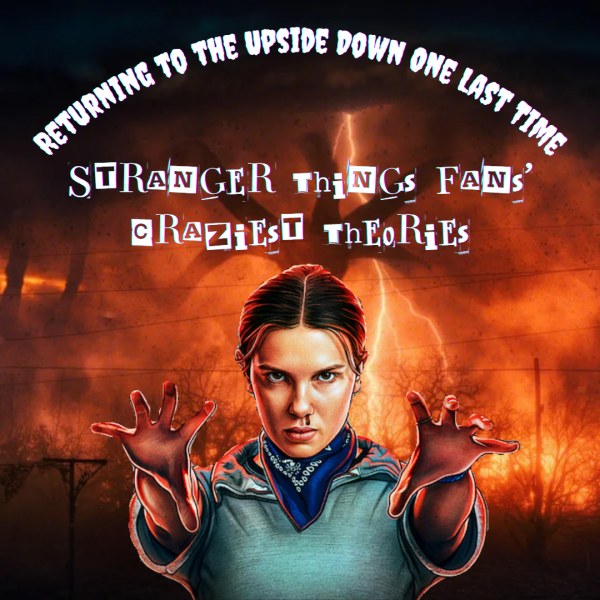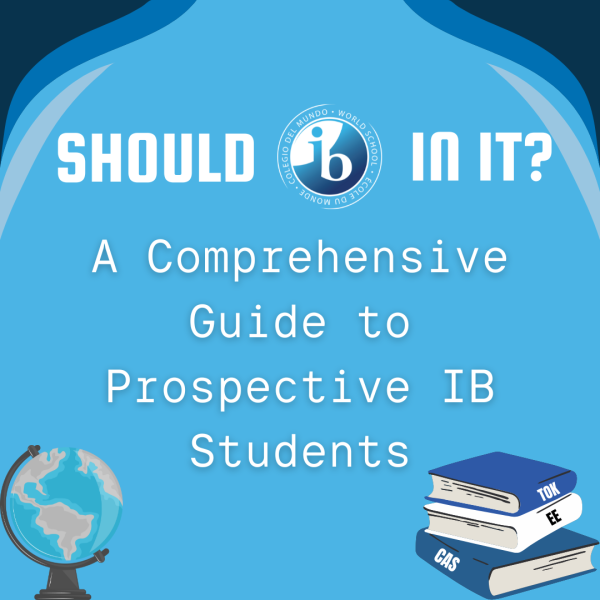BeReal, ForReal.
Our interpersonal lives are clouded by susceptibility. Social media leaves people feeling like they are the only ones that don’t constantly have interesting developments in their life. An “endless scroll” on the internet is peppered with sights of your mutuals’ vacations, best friends, outings, and happy memories. But what if there was a way to see your friends’ lives in a realistic, unpolished light? In 2020, two French developers created an app aimed to share a person’s authentic, day-to-day life, free of filters and poses. Featuring a dual camera that captures both your sightline and your face, BeReal gained popularity in the summer of 2022. Its users receive a notification at a random time every day telling them to “BeReal”, where they then have two minutes to take pictures of themselves doing whatever they happen to be up to at that moment.
Since its recent rise to fame, some BeReal account holders have been using the app for purposes that deviate from its original intent. While posts do specify whether they were uploaded within the two-minute time frame or not, late posts are still interacted with in the same way as others posted within the time frame. Many users purposely wait for something “interesting” in their day to happen before taking a picture. Occurrences like these disregard the planned functionality of BeReal, which is to, as the name suggests, be real.
One could assume that BeReal is moving in the same direction as its predecessors like Instagram and TikTok have. This shift toward a more typical service leaves its users divided. Kaitlyn Allen, an Enloe junior, explains that she thinks “it’s corny to be fake. If you’re doing something boring and BeReal goes off and you think ‘I’m going to save it for when I’ll be with friends later’ it’s like, okay girl…” but also understands if someone happens to not be on their phone at the time of the notification. Adversely, freshman Harper Yinger claims that she often looks “a little ratchet when it goes off and so I choose to be fake.” She, like many, prefers to wait until a good moment in the day to take her BeReal.
Some teens like the app’s transparent view of life, but others see it as just another way people can boast about their social lives. Enloe junior Sofia Tovar expressed that she thinks “no social media is going to be really genuine.” After speaking to several Enloe students, it felt that most of them don’t really enjoy BeReal, but instead use it to stay in the loop socially. Ryan Gregory, also a junior, says, “I actually don’t like BeReal that much to be honest. I stopped using it recently but I think it’s funny to see peoples’ pictures.”
When visiting the app’s website, it is advertised as “a new and unique way to discover who your friends really are in their day-to-day life.” But is this really the case? It appears that an avenue with the potential to make young people feel just a little less alone has turned into, yet again, another app to mindlessly scroll through with exponentially increasing FOMO. I definitely don’t blame its users for BeReal’s downfall. Technology companies have been working for decades to make the internet an addiction-forming place, especially for our malleable teenage minds. Once one platform gains traction, others are bound to follow suit, and BeReal is no different. So can we really help but fall into the habits made for us by generations before? It seems that this question is one that only time can answer.
Your donation will support the student journalists of Enloe Magnet High School, allowing us to cover our annual website costs. We are extremely grateful for any contribution, big or small!
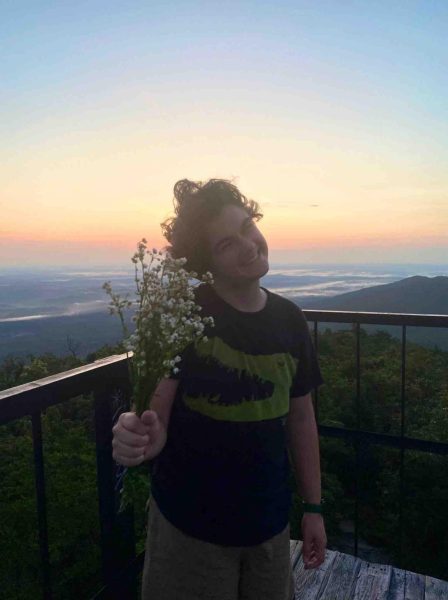
(He/him)
This is Jonah's third year writing for the Eagle's Eye and his second on the editing team. Aside from writing and editing bomb articles, Jonah...


